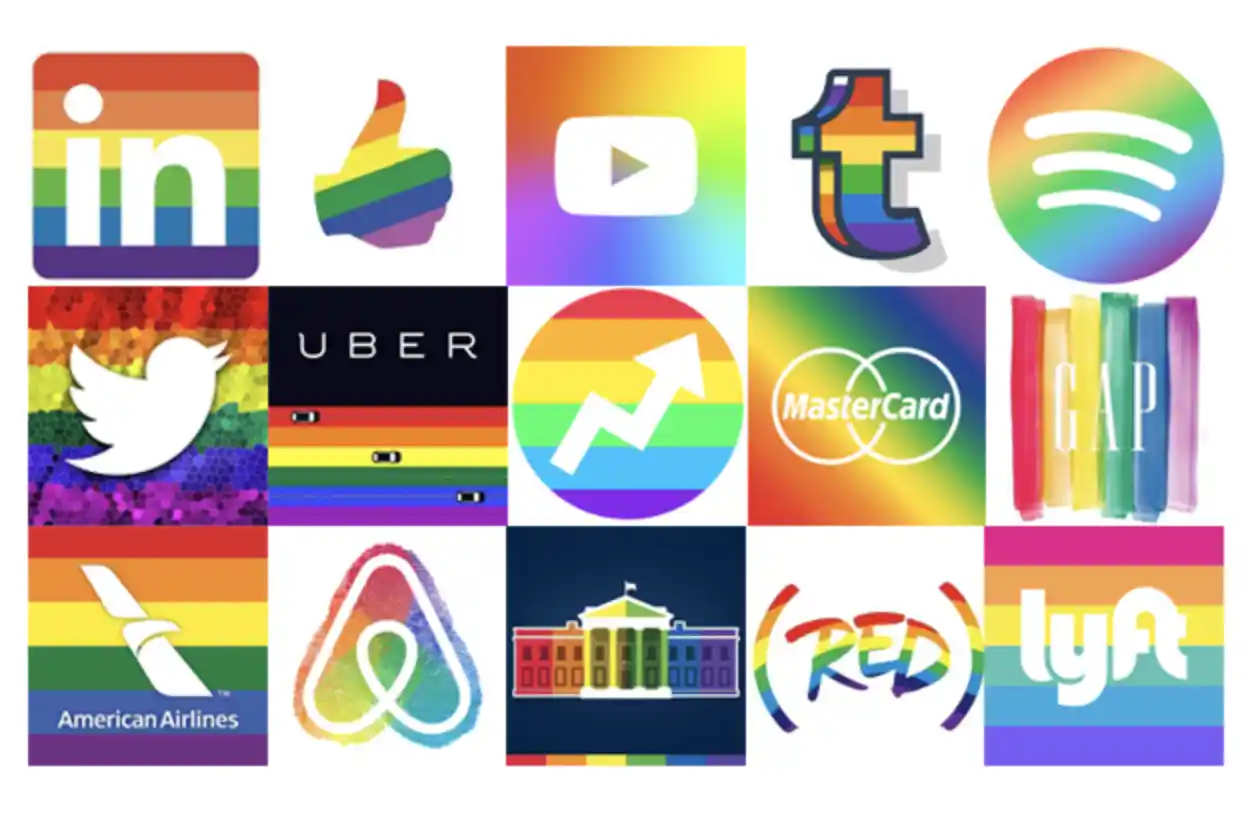The Hidden Harm to LGBTQ+ Mental Health

Rainbow washing, also known as pinkwashing, refers to the practice where companies, organizations, or individuals use LGBTQ+ symbols, particularly the rainbow flag, to signal support for the LGBTQ+ community without genuinely supporting their rights or making substantive changes to promote equality. This phenomenon, often seen during Pride Month, can have significant implications for the mental health of LGBTQ+ individuals.
The Nature of Rainbow Washing
Rainbow washing can be superficial and exploitative. Companies may change their logos to rainbow versions or release limited-edition Pride-themed products, yet fail to implement inclusive policies, support LGBTQ+ employees, or donate to LGBTQ+ causes. This performative allyship capitalizes on the LGBTQ+ community’s social and economic influence without making real contributions to their well-being.
The Psychological Impact of Rainbow Washing
For many LGBTQ+ individuals, seeing widespread corporate support during Pride Month can initially feel validating. However, the realization that much of this support is superficial can lead to feelings of betrayal, cynicism, and disappointment. The discrepancy between public displays of support and actual corporate practices can exacerbate feelings of isolation and mistrust.
Research indicates that genuine social support is crucial for the mental health of LGBTQ+ individuals. Superficial gestures of support, on the other hand, can feel empty and insincere, undermining the sense of community and belonging that is essential for mental well-being. When companies engage in rainbow washing, it can dilute the impact of true advocacy and make it harder for LGBTQ+ individuals to distinguish genuine allies from those merely seeking profit.
How Rainbow Washing Affects Mental Health
- Increased Cynicism and Distrust: Repeated exposure to rainbow washing can foster a sense of skepticism towards public declarations of support, making LGBTQ+ individuals wary of potential allies and supportive environments. This cynicism can lead to increased stress and anxiety.
- Undermining Genuine Support: The prevalence of rainbow washing can overshadow and dilute the efforts of organizations and individuals who genuinely support LGBTQ+ rights. This can make it harder for LGBTQ+ individuals to find and trust real sources of support, contributing to feelings of isolation.
- Impact on Community Cohesion: Rainbow washing can create divisions within the LGBTQ+ community. Some may feel that any visibility is positive, while others may see rainbow washing as harmful and opportunistic. These differing perspectives can lead to internal conflict and a fragmented sense of community.
Promoting Authentic Support
To counteract the negative effects of rainbow washing, it’s crucial to promote and recognize genuine support for the LGBTQ+ community. Here are a few ways to foster authenticity:
- Research and Transparency: Consumers should research companies to understand their actual contributions to LGBTQ+ rights. Transparency about a company’s policies, donations, and advocacy efforts is a good indicator of genuine support.
- Supporting LGBTQ+ Organizations: Direct support to LGBTQ+ organizations and charities ensures that resources are going to those who need them. Encouraging companies to donate a portion of their Pride-related profits to these organizations can also be a step towards authenticity.
- Advocacy and Policy Change: Supporting companies and organizations that actively work towards policy changes that benefit the LGBTQ+ community can make a real difference. This includes advocating for anti-discrimination laws, inclusive workplace policies, and broader social acceptance.
Rainbow washing presents a significant challenge in the fight for genuine LGBTQ+ equality and mental health. While it can create a facade of progress, the superficial nature of this support can ultimately harm the community by fostering distrust and undermining genuine advocacy efforts. By promoting authentic support and holding companies accountable, we can help ensure that the mental health and well-being of LGBTQ+ individuals are truly prioritized.
